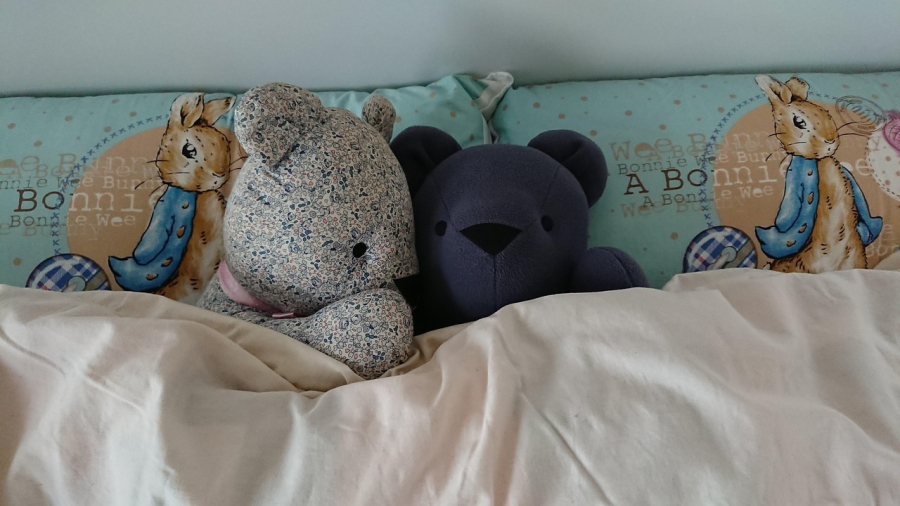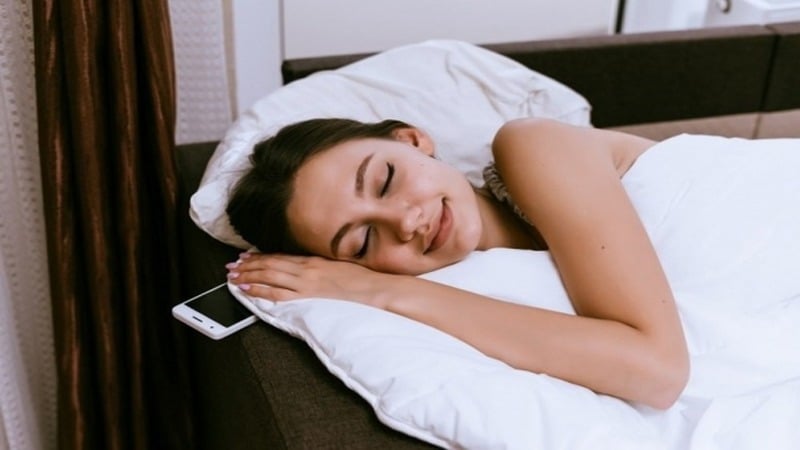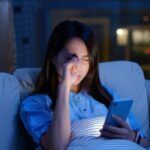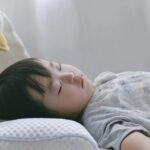The bedroom is our sanctuary, and a large, comfortable bed can enhance the quality of our sleep. Many people also decorate their bedrooms with items they believe will improve their sleep, but they may be doing more harm than good.
Not only do these items fail to improve sleep quality, but they can also make it harder to fall asleep. The sleeping environment is crucial to ensuring a good night’s rest. If you frequently experience insomnia, it may be time to reevaluate the items you keep near your bed.
1. Stuffed Animals
Many people, especially women and children, like to have stuffed animals on their bed or to cuddle with while sleeping as it makes them feel safe. However, these soft, fluffy toys can be detrimental to your health.
Stuffed animals are a haven for dust and bacteria, particularly dust mites—tiny creatures invisible to the naked eye. A cute stuffed toy could be home to thousands of these mites, triggering skin allergies and respiratory issues.
Children often experience persistent coughing and allergic rhinitis, which can be annoying and disruptive. If you have allergies or a weak immune system, it’s best to avoid keeping stuffed animals on your bed and refrain from cuddling them while sleeping.

2. Fresh Flowers by the Bedside
While floral scents can be pleasant, not all flowers are suitable for the bedroom. Some flowers have overpowering fragrances that can cause dizziness and nausea if left in an enclosed space for too long.
Additionally, certain flowers, such as lilies, tulips, hydrangeas, jasmine, and orchids, are beautiful but mildly toxic. These flowers’ strong scents can overstimulate the brain, making it difficult to fall asleep. Instead of aiding relaxation, they can make you feel uncomfortable and disrupt your sleep.
Since bedrooms are typically enclosed spaces, keeping fragrant flowers by the bedside can negatively impact your sleep quality. If you currently have flowers by your bed, it’s best to remove them to create a more restful environment.
3. Phone by the Pillow
It’s common to use your phone before bed, and many people end up placing their phones right next to their pillows as they sleep. However, this habit can significantly impact your sleep quality, not due to phone radiation (which is negligible) but because of the blue light emitted by the screen.
Blue light suppresses the production of melatonin, the hormone that regulates sleep. Reduced melatonin levels make it harder to achieve deep sleep and can lead to insomnia. It’s best to avoid using your phone for at least 30 minutes before bedtime and keep it away from the bedroom if possible.

4. Power Outlets by the Bedside
It is highly unsafe to have power outlets right next to your bed. Many people choose this location for convenience when charging their phones, but it poses a significant fire hazard.
Bedrooms typically contain flammable materials like clothing, bedding, and curtains. Over time, power outlets can heat up, especially if they are low-quality with thin copper cores, increasing the risk of overheating and fire. Additionally, long hair can accidentally fall into the outlet, creating a dangerous situation.
For these reasons, it’s essential to avoid placing power outlets right by your bed, even if it seems more convenient.
5. House Plants by the Bedside
While plants are great for purifying the air and creating a pleasant atmosphere, some species can absorb oxygen and release CO2 at night, reducing the air quality in your bedroom.
During deep sleep, your body is in a resting state, and your immune system is more vulnerable. A decrease in oxygen levels, though not suffocating, can still impact your sleep. For optimal sleep quality, it’s best not to keep houseplants right next to your bed.





































